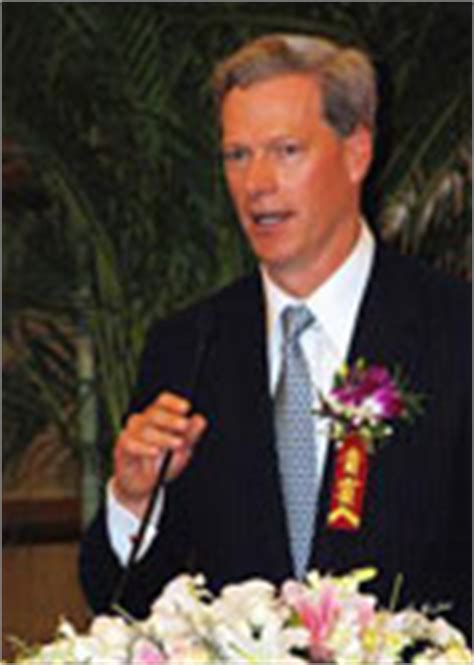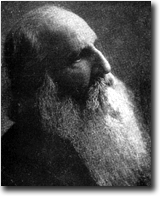A Quote by African Spir
There is a radical dualism between the empirical nature of man and its moral nature.
Related Quotes
Technology is neutral and sterile. Now, technology is the nature of modern man; it is our environment and our horizon. Of course, every work of man is a negation of nature, but at the same time, it is a bridge between nature and us. Technology changes nature in a more radical and decisive manner: it throws it out.
Nature is man's inorganic body -- that is to say, nature insofar as it is not the human body. Man lives from nature -- i.e., nature is his body -- and he must maintain a continuing dialogue with it is he is not to die. To say that man's physical and mental life is linked to nature simply means that nature is linked to itself, for man is a part of nature.
Humanity may destroy the possibilities for life on earth unless the freedom and power that we have acquired are channeled in new creative directions by a spiritual awareness and moral commitment that transcend nationalism, racism, sexism, religious sectarianism, anthropocentrism, and the dualism between human culture and nature. This is the great issue for the 1990s and the twenty-first century.
A highly developed moral nature joined to an undeveloped intellectual nature, an undeveloped artistic nature, and a very limited religious nature, is of necessity repulsive. It represents a bit of human nature a good bit, of course, but a bit only in disproportionate, unnatural and revolting prominence.
Nature is purposeless. Nature simply is. We may find nature beautiful or terrible, but those feelings are human constructions. Such utter and complete mindlessness is hard for us to accept. We feel such a strong connection to nature. But the relationship between nature and us is one-sided. There is no reciprocity. There is no mind on the other side of the wall.
After decades of faithful study, ecologists have begun to fathom hidden likenesses among many interwoven systems. ...a canon of nature's laws, strategies, and principles...
Nature runs on sunlight.
Nature uses only the energy it needs.
Nature fits form to function.
Nature recycles everything.
Nature rewards cooperation.
Nature banks on diversity.
Nature demands local expertise.
Nature curbs excesses from within.
Nature taps the power of limits.








































